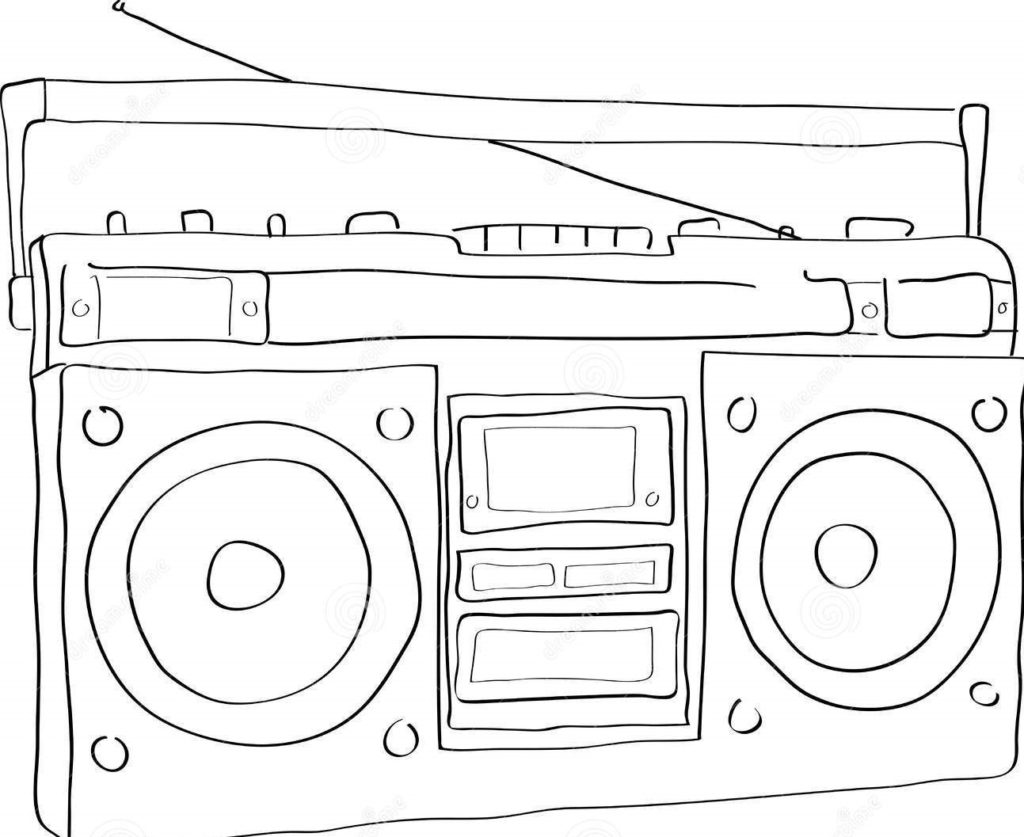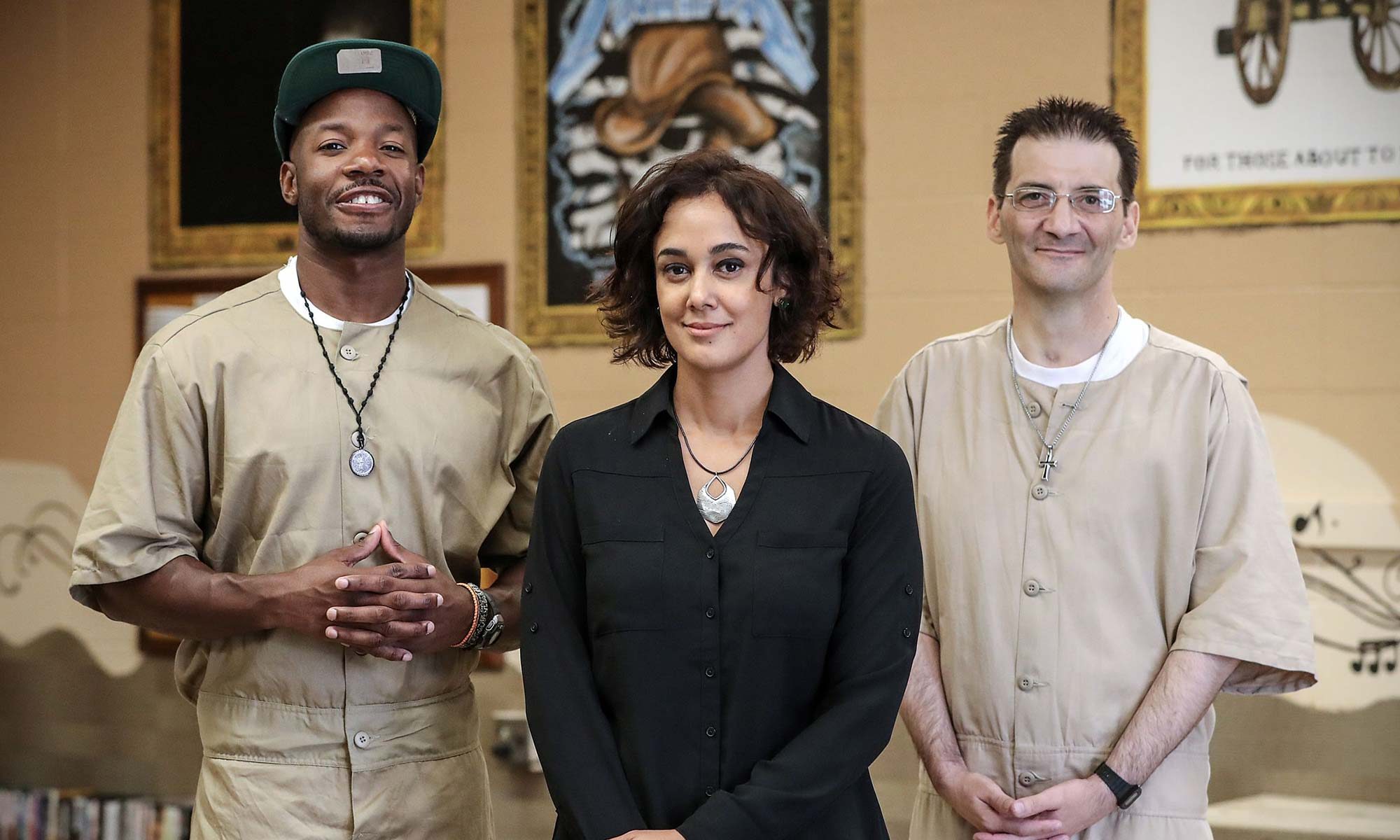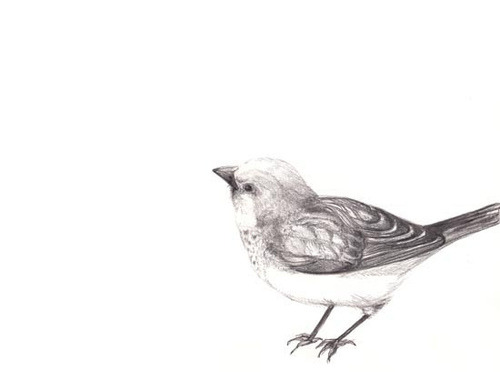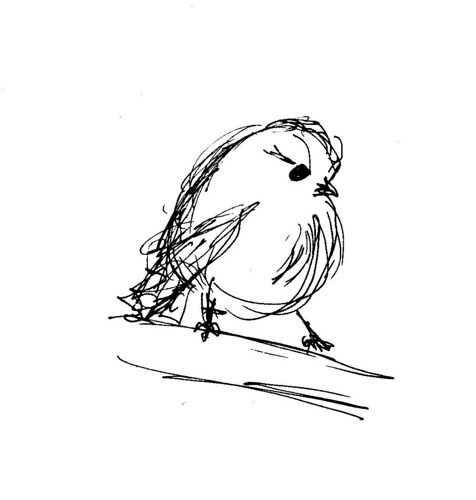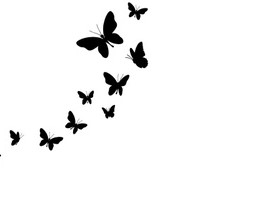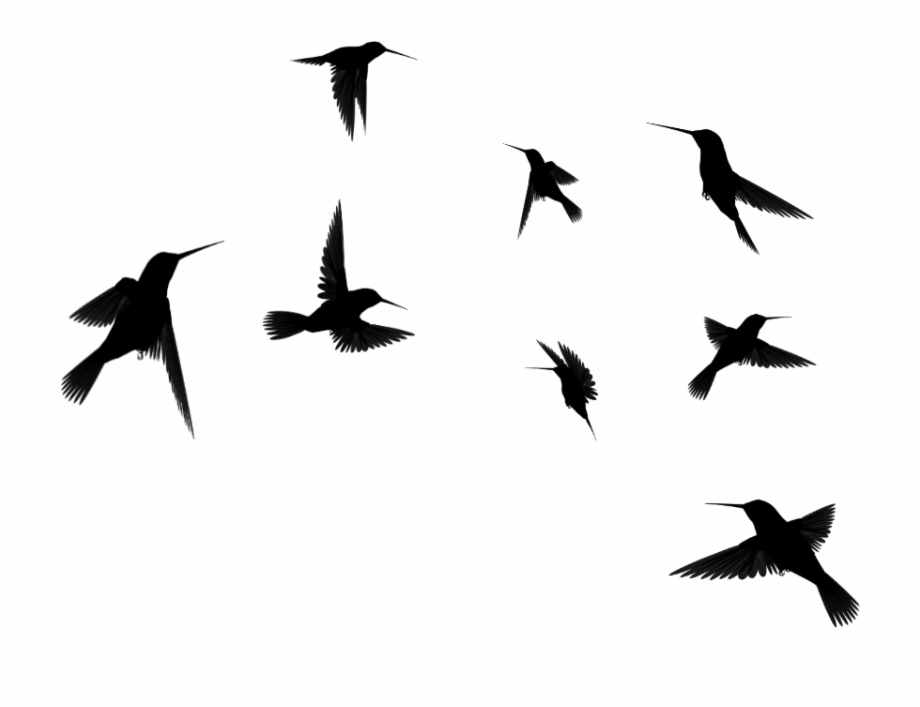(1) Born Legend – Name written in Heaven
(1) Accidental on purpose birth
(1) Great Grandma with (1) rocking chair, (1) record player, and (1) navy blue metal can with cookies in muffin wrappers
(1) Nana who drinks Miller High Life, smokes Winston’s that give you asthma, and makes cuss words a part of your everyday vocabulary by age five
(1) OG who takes you to the library during the summer because ya’ll don’t have any air conditioning – and you think that every kid loves books like you do
(1) Older brother with (1) Say Anything boom box that plays all the golden era of hip-hop cassette tapes
(1) Moth-smelling basement with (1) pool table, (1) washer/dryer set, (1) twin-sized bed, (1) record player, (1) wooden incense holder, (1) milk crate full of long play albums, (1) ash tray full of joint roaches
(1) Sweet lick that ended sour with the death of one of your best friends
(1) Trip to the land of orange scrubs in Marion County Jail
(1) Trial where you’re labeled as a “monster”
(49) Years you are sentenced to the state penitentiary
(1) Night to scrape a toothbrush against a wall until it’s a sharp object
(1) Observation of a real stabbing that lets you know that little shank wouldn’t do shit!
(100) Nights wishing that they’d slain you instead of your brother
(99) Mornings where you wished you never woke up
(1) Sunrise to realize that the breath in you is still swelling your lungs for a reason
(6) Grams of marijuana that was supposed to be (7) shorted by (1) your own cousin so you can smoke your last sack of weed in the joint, and not fail anymore piss tests…or have any fear when you see a big Ziploc bag full of clear plastic cups
(5) Days of fasting – in search of your soul’s purpose
(1) Dream of a conversation while you’re getting a haircut in an apartment that was filled with milk crates of old stuff that was brand new, including the first Nintendo, a record player, and a couple different color pairs of Nike ’89 Flights
(1) Strong desire for an existence to have unequivocal worth
(1) Trip to the barber shop to cut off 3 year old dread locks
(1) Righteous brother to break bread with from a “street” point of view of the Bible
(1) Bachelor’s degree with Honors, to go along with a street degree with honors as well
(71) Notebooks
(184) Ball point pens
(1) Cherry sunburst acoustic electric guitar named Rachel Blue
(1) Novel (written in 30 days)
(1) Person beyond you who believes
(2) Interviews with the city paper and the local news
(1) Life-changing performance at Square Cat Vinyl in Fountain Square
